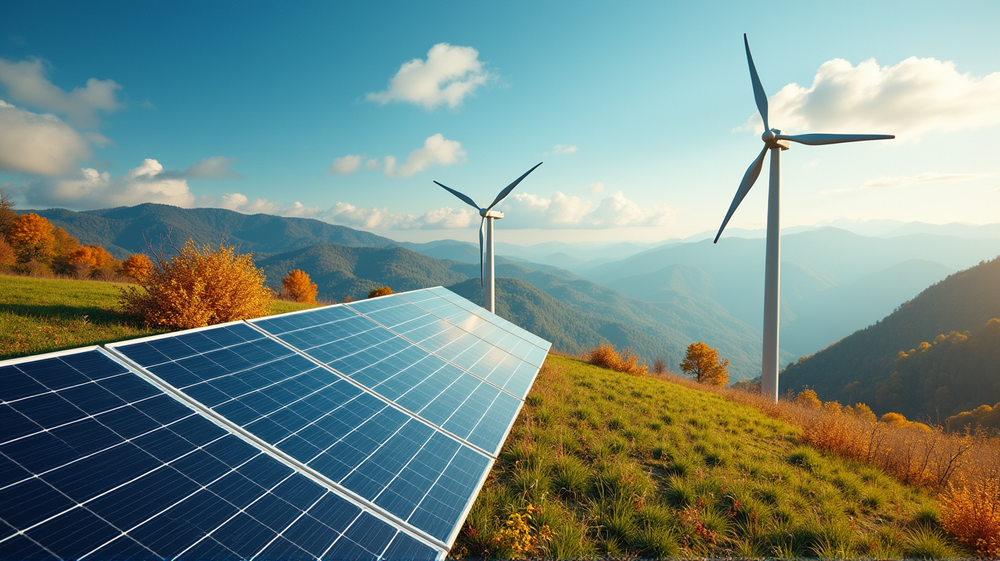In a state like West Virginia, where the economy is deeply rooted in energy and natural resources, the interplay between climate action and economic stability is pivotal. The common belief that economic growth and environmental protection must be at odds is gradually being dispelled. According to growing evidence, ambitious climate action can become a powerful driver for job creation, investment, and innovation, contributing positively to overall economic resilience.
Transitioning to Renewable Energy
The shift toward renewable energy sources such as solar, wind, and hydro represents not just an ecological effort but also an economic opportunity. These sectors demand manufacturing, installation, and maintenance, leading to the creation of local jobs. Furthermore, as clean energy costs decrease, both consumers and businesses enjoy reduced energy expenses, allotting more capital to other economic sectors.
Implementation of Energy Efficiency
Supporting policies that enhance energy efficiency can substantially reduce business expenses. Through implementing better building codes and efficient appliances, economic resources are redirected from wasteful energy spending to more strategic investments. More robust infrastructure minimizes storm-related interruptions and inefficiencies, leading to a boost in productivity.
Health and Environmental Co-benefits
Climate action isn’t just about reducing emissions and pollution; it also results in significant health benefits by decreasing air pollution and the consequent healthcare costs. Lower expenses on disaster recovery enable governments and businesses to channel funds into development rather than repairs. The mitigation of long-term risks like sea-level rise and heatwaves augurs economic stability.
New Opportunities in Clean Technology
Pioneering clean technology and sustainable agriculture opens doors to global markets. Areas that quickly adopt these technologies attract research, development, and private investments, forming local expertise clusters. In contrast, regions not aligning with climate-related regulatory environments run the risk of being bypassed by businesses seeking environmentally responsible locations.
Navigating Federal Dynamics
Despite challenges posed by the current federal stance favoring fossil fuel production, local and state initiatives continue to bolster clean energy investments. The critical role of individual actions—such as choosing banks that support green investments—underscores the power of the collective to influence wider change. Supporting environment-focused investment firms and enhancing personal energy efficiency further champions the cause of clean energy development, demonstrating that climate and economic progress need not be mutually exclusive.
As articulated in News and Sentinel, West Virginia stands on the cusp of a transformative shift that embraces both environmental and economic potentials, offering a pathway to a sustainable future.












